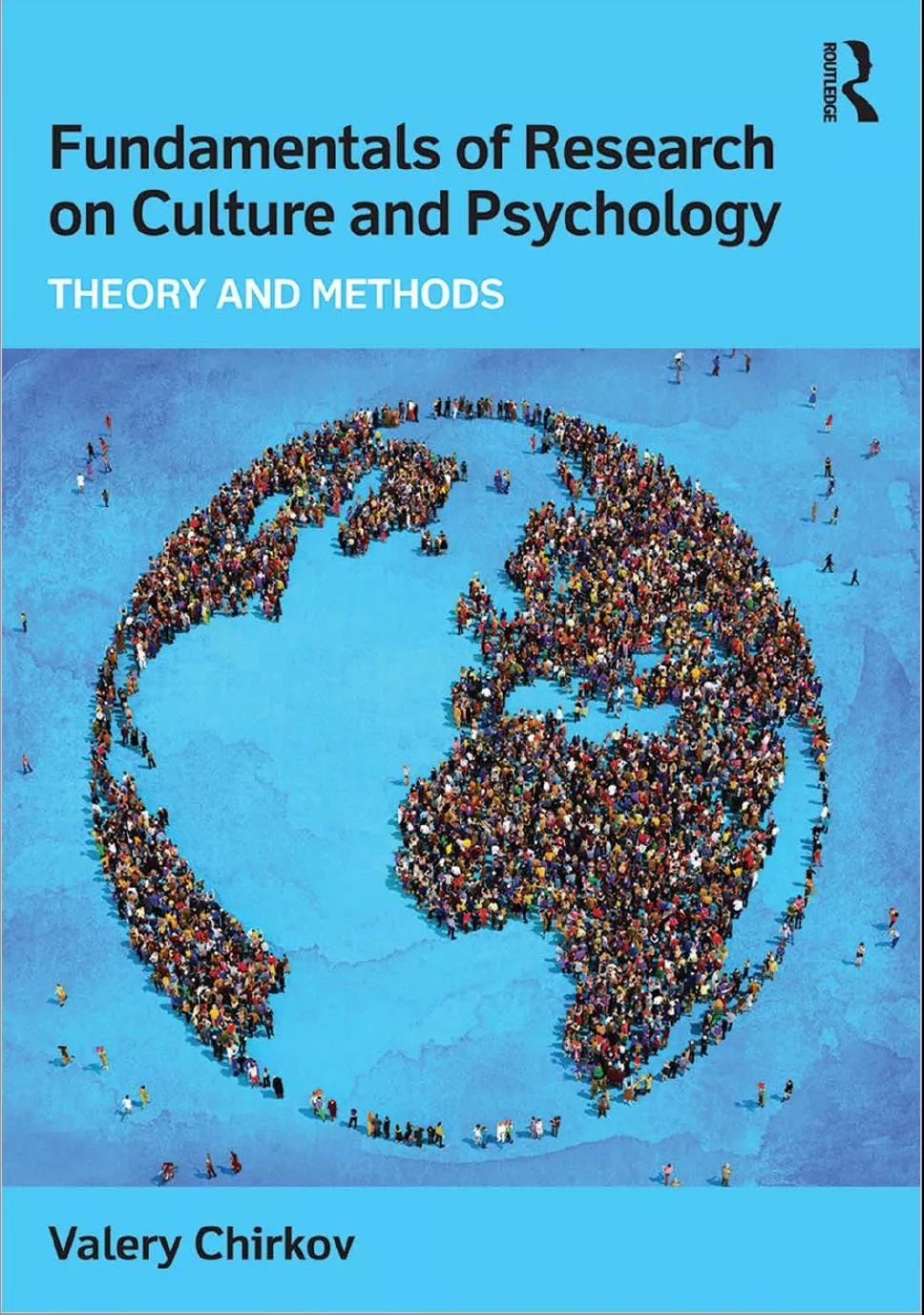The Theory of Sociocultural Models 系列讲座
樱花时节,跨文化研究中心为大家准备了Valery Chirkov系列讲座:
虹口校区
工作坊
时间:4月8日 09:00-17:00
地点:图书馆604
讲座
时间:4月9日 18:30-20:30
地点:1号楼508
对于错过虹口校区讲座的同学,我们还准备了松江校区专场:
时间:4月15日13:00-16:30; 18:00-20:00
地点:松江校区行政楼124

讲座内容
The Problem of Culture in Social, Cultural and Communication Research and its Potential Solution: An Introduction to the Theory of Sociocultural Models
Dr. Chirkov will start his presentation by articulating some of the basic problems in understanding the phenomenon of ‘culture’ in social, cultural and communication research in psychology and related disciplines. Then, he will articulate one possible solution to this problem – the theory of sociocultural models. Sociocultural models (SCMs) are a structured set of prescriptions of how people interpret the world, other people, communities, and themselves; they are a set of scripts for acting in accord with these interpretations. These models are developed by people’s cultural communities and they are learned and internalized by their members as validated recipes for their lives and actions. Members of communities continuously co-construct their SCMs by enacting them through their everyday interactions. Culture is described as a distributed network of specialized SCMs that guide community members’ lives in different domains. According to the theory of SCMs, in order to fully understand the nature of people’ actions and experiences, researchers must first examine the system of SCMs that these people were born into - the public aspects of SCMs. Subsequently, researchers must investigate how these people act, experience, and live through these models – the internalized aspects of SCMs – and determine what roles their autonomous agency and self-determination play in their existence. To study SCMs, researchers use methods such as person-centered ethnography, interviews, and experiments.
主讲人
Dr. Valery Chirkov is Professor of psychology and a member of the Applied Social Psychology program in the Department of Psychology at the University of Saskatchewan. He received his Ph.D. in social and personality psychology from the University of Rochester, Rochester NY in 2001 and since that time has been involved in various cross-cultural psychological projects. Dr. Chirkov’s research interests concern the application of self-determination theory of human motivation in cross-cultural research, psychology of immigration and acculturation, and philosophy and methodology of psychological and cultural research. In 2005-2007 he co-authored a research project “The influence of family on refugee and immigrant children’s cultural adjustment: Can school intervene in this process?” funded by the Prairie Metropolis Centre. In 2009, he was the guest editor of a special issue of the International Journal of Intercultural Relations titled “Critical Acculturation Psychology.” In addition to numerous articles on cultural and cross-cultural psychology, he coedited the book Human Autonomy in Cross-cultural Contexts: Perspectives on the Psychology of Agency, Freedom, and Well-being(2011) and published the textbook Fundamentals of Research on Culture and Psychology: Theory and Methods (2016).